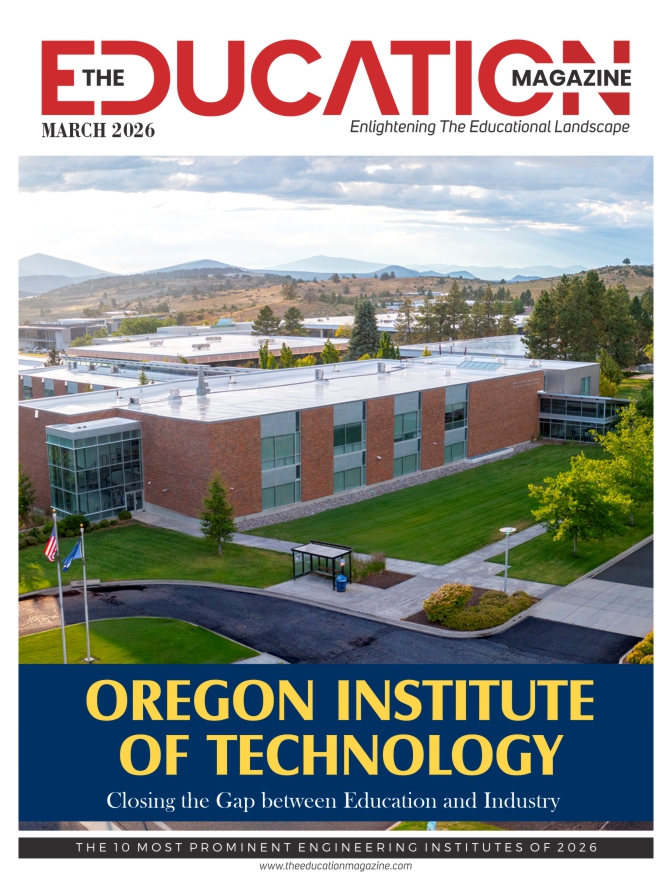Strong leadership is what keeps organizations moving forward. It’s not just about holding a title or making decisions. Real leadership means guiding people, creating vision, and developing skills that inspire progress. Every successful leader knows that growth comes from more than strategy—it comes from people working together with direction, purpose, and trust. In today’s fast-changing environment, leaders must master specific skills to build resilience, drive innovation, and help their teams flourish.
This article explores the key skills that can help any leader take an organization to the next level.
Clear Communication is Non-Negotiable
Communication is at the center of effective leadership. Leaders must be able to explain goals, share ideas, and make expectations clear. At the same time, they must listen carefully to feedback and concerns from their teams. Clear communication builds trust and ensures everyone is working toward the same objectives. When leaders are vague or inconsistent, it creates confusion and frustration. On the other hand, when leaders are open and clear, employees feel respected and more motivated to contribute. The ability to adapt communication style to different audiences—whether speaking with executives, employees, or clients—is equally important.
Being Skilled in Organizational Leadership
Organizational leadership goes beyond managing tasks. It is about guiding an entire system of people, resources, and processes toward long-term success. Leaders with this skill set know how to align day-to-day work with the organization’s mission and vision. This management style emphasizes collaboration, growth, and the development of individuals as well as teams.
Furthermore, there is a wide range of jobs in organizational leadership available for those who are skilled in this management style. These include HR management, training and development, or operational leadership. These positions require a clear understanding of how people and systems work together. Leaders who are effective in this area create an environment where employees feel supported, policies are fair, and growth is encouraged. This type of leadership ensures that organizations do not simply meet short-term goals but build strong foundations for the future.
Emotional Intelligence Builds Stronger Teams
Technical knowledge and strategy are important, but they are not enough to lead effectively. Emotional intelligence is a skill that sets great leaders apart. Leaders with emotional intelligence understand their own emotions and manage them in a way that keeps situations calm and professional. They can also recognize and respond to the emotions of others. This awareness builds stronger relationships and reduces unnecessary conflict. In practice, emotional intelligence helps leaders create a supportive culture where people feel heard and valued. It also helps leaders handle stressful moments with composure. When employees see that their leader can stay calm under pressure and respond with empathy, they are more likely to trust and follow. Over time, this creates a more resilient and motivated team.
Strategic Thinking Shapes the Future
Organizations thrive when leaders look beyond immediate tasks and think about long-term goals. Strategic thinking allows leaders to anticipate challenges, see opportunities, and plan ahead. It also helps them guide teams in a way that connects daily work with broader objectives. Leaders who think strategically are better at adapting to changes in the market and making decisions that serve the organization’s future. For example, they may spot a shift in customer needs or emerging technology and position the company to respond before competitors. Strategic thinking also involves balancing risks and opportunities with careful planning. Leaders who use this skill give their organizations a clear sense of direction and stability.
Decision-Making with Confidence and Clarity
Leaders make choices that affect people, projects, and long-term outcomes. The ability to decide with confidence and clarity is crucial. Good decision-making involves gathering information, analyzing options, and understanding the potential impact. However, it also requires a willingness to act without unnecessary delay. Indecision can cause teams to lose momentum and feel uncertain about their work. Confident leaders inspire trust because their decisions show that they have considered both facts and people’s needs. Clarity ensures that everyone understands not simply what has been decided but also why. This transparency helps employees feel engaged and committed to carrying out the decision.
Building and Developing Talent
An organization is only as strong as the people who work within it. Great leaders recognize this truth and invest time in developing their teams. Building talent involves more than hiring the right people. It requires mentoring, offering growth opportunities, and recognizing individual strengths. Leaders who actively support professional development show that they value their employees’ futures as much as the company’s. This investment often results in loyalty, higher performance, and innovation.
Accountability Sets the Standard
Accountability is one of the most visible traits in a leader. Employees notice whether their leader takes responsibility or avoids it. When leaders admit mistakes, accept consequences, and make efforts to correct problems, they set an example that resonates throughout the organization. Accountability does not mean perfection—it means owning actions and learning from them. Leaders who hold themselves accountable also create an environment where employees feel safe to be honest and transparent. This reduces fear and builds trust. In contrast, when leaders fail to take responsibility, it can erode morale and weaken the organization’s credibility.
Inspiring and Motivating Others
At its core, leadership is about influence. The most successful leaders know how to inspire and motivate people to give their best. Inspiration comes from vision, authenticity, and recognition. Employees feel motivated when they see that their leader believes in them, values their contributions, and celebrates progress. Motivation is also sustained through encouragement and opportunities for growth. Leaders who inspire do more than give directions—they create energy and purpose that spreads throughout the organization. This kind of leadership transforms ordinary efforts into extraordinary results because people feel connected to something larger than themselves.
Leadership is a continuous practice of growth, learning, and refinement. Each challenge that arises brings an opportunity for leaders to strengthen their skills and deepen their impact. The true measure of leadership is not found in titles or achievements but in the legacy left behind—in the people developed, the culture nurtured, and the resilience built. Leaders who commit to evolving with their organizations create progress that lasts far beyond their own tenure.
Also Read: 10 Essential Skills of an Effective School Principal










